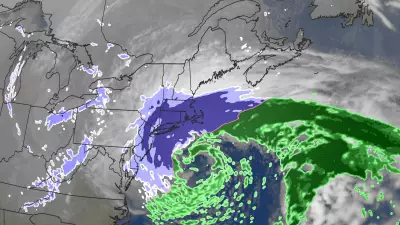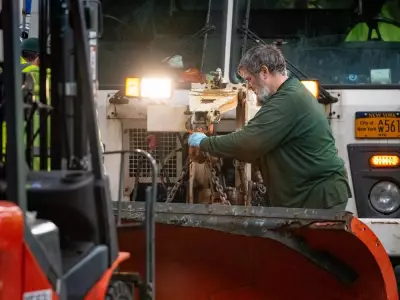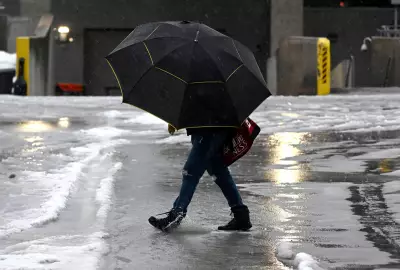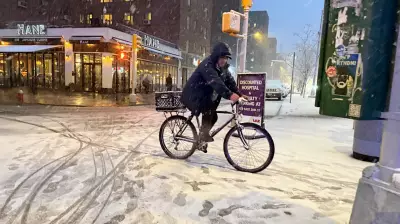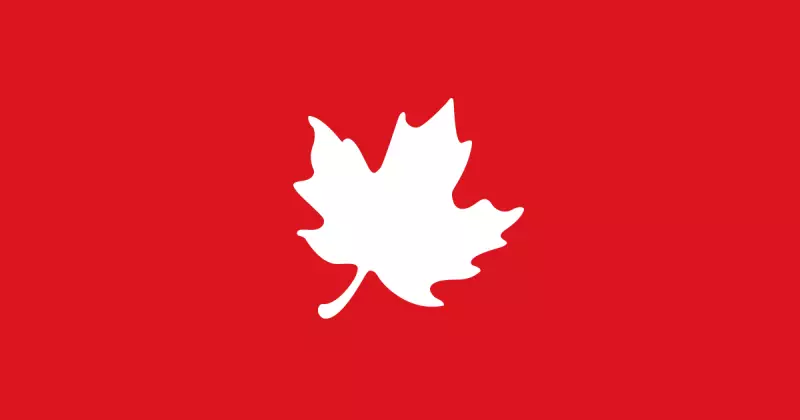
Global Climate Talks Launch in Brazil Amid High Stakes
The United Nations COP30 climate conference officially opened today in Belem, Brazil, marking the 30th annual gathering of world leaders and negotiators to address the escalating climate crisis. Canadian delegates have arrived for the two-week summit where discussions will focus on climate adaptation strategies and mitigation efforts against growing environmental threats.
Belem serves as a symbolic location for this year's conference, positioned as a gateway to the Amazon River and adjacent to the Amazon rainforest - often called the "lungs of the world." This setting underscores the urgency of climate action as the region faces persistent threats from wildfires and deforestation.
What Makes COP30 Particularly Significant
This year's conference carries special weight as it marks the 10th anniversary of the Paris Agreement, the landmark international treaty that united 195 countries in climate commitment. Brazilian officials have indicated that COP30 will prioritize implementation of existing agreements rather than establishing new rules, with particular focus on climate adaptation, national resilience planning, and mobilizing the promised US$1.3-trillion annually in climate finance by 2035.
The conference begins under a cloud of concern, as UN Secretary-General António Guterres delivered sharp criticism during last week's heads of state summit, accusing world powers of remaining "captive to the fossil fuel interests, rather than protecting the public interest." Brazilian President Luiz Inácio Lula da Silva similarly challenged international delegates, demanding to know "what the rest of the world is doing to prevent the collapse of their home" referring to the Amazon region.
Canada's Position and Challenges
Environment Minister Julie Dabrusin leads Canada's delegation during the first week of negotiations, while Prime Minister Mark Carney will be absent due to parliamentary budget confidence votes. Canada has traditionally played a consensus-building role in these international talks, but climate observers note the country's position may be undermined by its continued support for oil and gas expansion and silence on meeting emissions targets.
Eriel Tchekwie Deranger, president of Indigenous Climate Action and member of the Athabasca Chipewyan First Nation, offered perspective from previous COP participation. "Canada has been receptive to Indigenous proposals at the UN climate summit," Deranger noted, "but when it comes to implementation at home, it's falling flat."
Meanwhile, domestic climate policy developments continue to unfold. The federal government plans to introduce proposed changes to electric vehicle sales mandates this winter, while a watchdog agency warns of low uptake for emissions-reduction measures despite additional funding allocations.
The conference comes as climate action faces mounting challenges globally, with economic and political pressures pushing environmental concerns off front pages. As approximately 50,000 participants gather in Belem, the world watches whether COP30 can reinvigorate international cooperation against the climate crisis.


